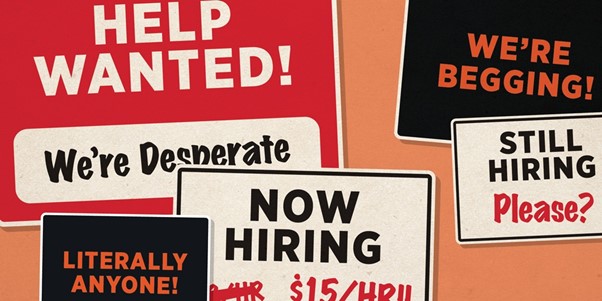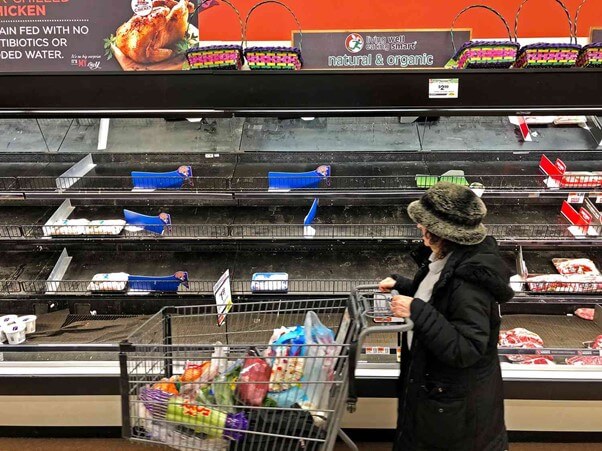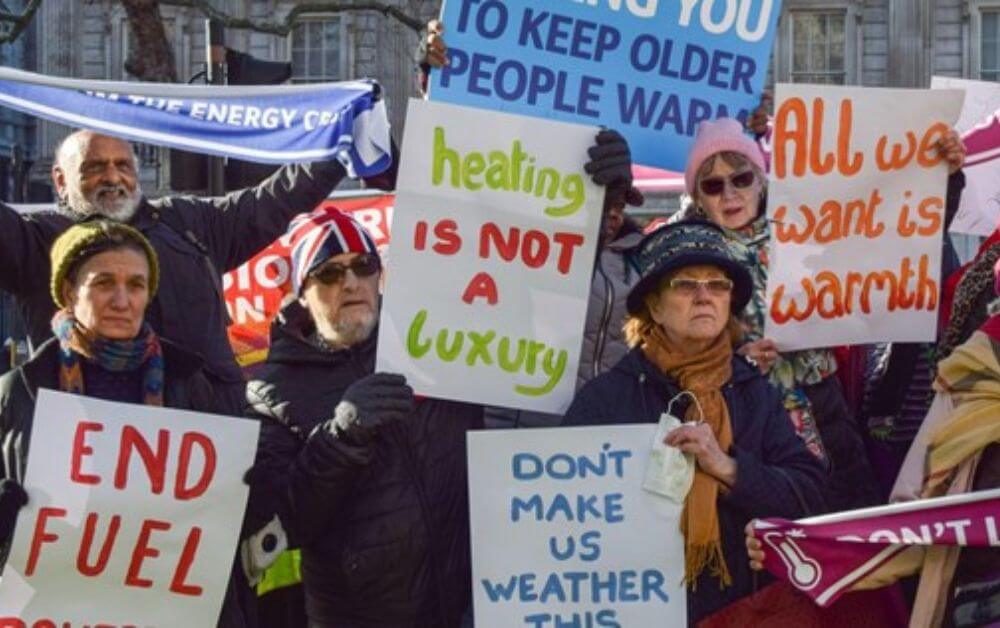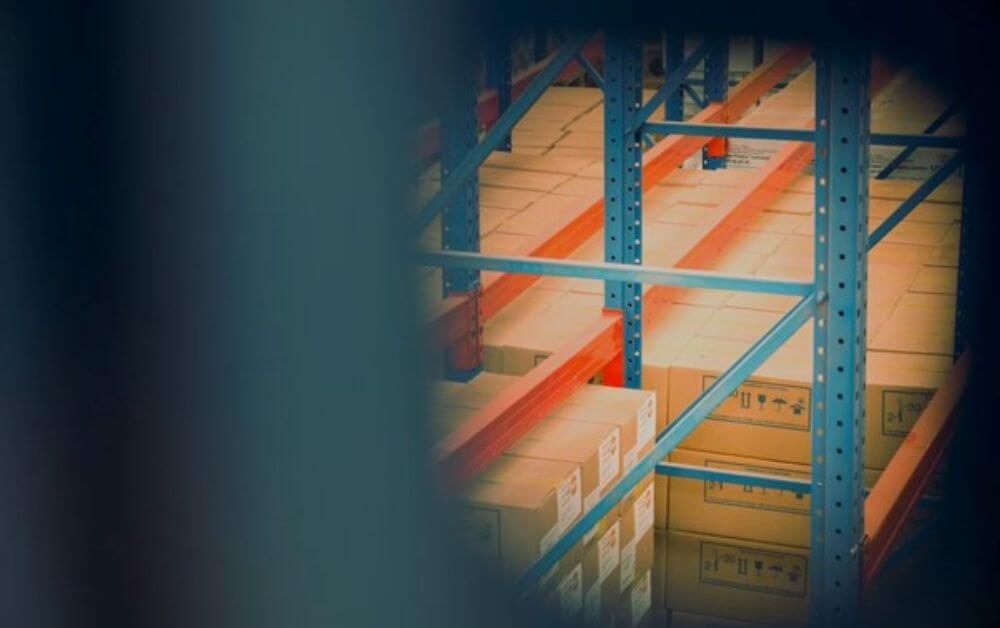Today’s insights are brought to you by my colleague and global futurist, Dean van Leeuwen.
That we are living in a period of sharp transformation is nothing new. People look around and can see we are living in revolutionary times. Ubiquitous, mobile supercomputing. Intelligent robots. ChatGPT-Artificial Intelligence. Shifting economic power. War in the Ukraine. Impact of climate change. Resource scarcity All these developments offer evidence of change happening at exponential speed. As futurist William Gibson said, the future is already here, it’s just unevenly distributed.
Change can be scary, it’s much easier to put the blinkers on and hope life carries on as normal. If you are a business leader or entrepreneur, change also means opportunity. This is the exciting part because our research shows we are living in a kairos moment, and those leaders tuned towards change can seize opportunities to create the future.
At TomorrowToday Consulting, we believe that the best way to predict the future is to create it. The Grey Elephant framework is designed to assist in this regard. Working as a radar, it helps you to think like a futurist, identify opportunities, prepare and take advantage of forces of change.
Grey Elephants are defined as: “a highly probable, high impact but ignored force of change” And, the problem today is there is not just one Grey Elephant. There is a whole herd of them readying to stampede.
In no particular order of opportunity or magnitude, the seven Great Grey Elephants defining this new age of discovery include:
- Ageing
- Angry Planet
- Inequality
- Big Squeezes
- Angry People
- Multipolarity
- Intelligent Assistance
Combined, these seven Great Grey Elephants are causing sharp transformation. So how should we respond to turn a disruptive threat into a growing opportunity?
The key message: If we wait for a Grey Elephant to appear, it will be too late to prepare and take advantage.
Enlightened leaders recognise that the best way to predict the future is to boldly create it and that there has never been a better time to deliver value and impact. Using new strategies, leadership mindsets and business models, leaders are leveraging the kairos moment as an opportunity to get ahead of the competition.
Today’s article will focus on the Big Squeeze and the ways in which we might plan and act strategically to minimize the impact of these squeezes on society.

The Big Squeeze:
In an era marked by uncertainty and rapid change, the concept of the Grey Elephant framework provides valuable insights into highly probable, high impact, yet often overlooked threats. The “Big Squeeze” refers to a collection of interconnected challenges that pose a systemic and complex burden on various aspects of our lives. It represents the convergence of multiple factors that amplify the pressures on individuals, communities, and global systems. From supply chain disruptions and labor shortages to rising costs of living and stagnant wages, the Big Squeeze creates a multifaceted squeeze on our daily lives, leaving many feeling the pinch.

While it’s important to acknowledge the complexity and systemic nature of these issues, it’s equally vital to approach the future with awareness, adaptability, and a proactive mindset. By understanding and preparing for the Big Squeeze, we can better navigate its impact and identify opportunities for growth and resilience.
In this article, we delve into three critical areas affected by the Big Squeeze: the food supply squeeze, the fresh water squeeze, and the energy squeeze. We’ll explore the challenges within these domains, highlight remarkable trends that demand our attention, and discuss potential approaches to tackle these pressing issues.
By shedding light on the Big Squeeze and its far-reaching implications, we can collectively develop strategies to address these challenges and forge a path forward that leads to a more sustainable and resilient future.
The Food Supply Squeeze:
The global food system faces multifaceted challenges, including an overabundance of unhealthy food and significant food wastage. High fat, sugar, and salt (HFSS) diets contribute to a rising tide of obesity, which has tripled worldwide since 1975. Alarmingly, more people now die from overeating than from starvation. Moreover, the industrialized production of certain foods like palm oil, soybeans, and beef has led to the extinction of countless wild species. The food supply squeeze demands urgent action to ensure sustainability, reduce food loss, and transition toward healthier, environmentally friendly practices.

The Fresh Water Squeeze:
Melting Himalayan glaciers pose a looming threat with far-reaching consequences. As global warming accelerates, these glaciers are disappearing at an alarming rate, jeopardizing the water supply for 40% of the world’s population and impacting 20% of the global economy. The ripple effects will be felt gradually, first causing floods and then leading to water scarcity, crop failures, and power shortages. Vulnerable regions like Bangladesh, Nepal, and parts of Africa and the Americas will bear the brunt of this crisis. Potential water wars and social unrest underscore the urgent need for collaborative solutions to manage freshwater resources sustainably.

The Energy Squeeze:
Record-breaking prices and supply disruptions in gas, coal, carbon, and electricity highlight the energy squeeze. Soaring oil and natural gas prices, coupled with a prolonged energy crisis, have significant implications for global economies. As consumers face higher energy bills and escalating costs of living, the risk of social discontent grows. It is crucial to address the energy squeeze by accelerating the transition to renewable energy sources, promoting energy efficiency, and diversifying energy supply chains.

Moving Forward:
While the Big Squeeze presents formidable challenges, it also offers an opportunity to reassess and transform our systems. By embracing innovation, collaboration, and sustainable practices, we can navigate these pressures effectively. To address the food supply squeeze, we must prioritize sustainable agriculture, reduce food waste, and promote healthier diets. Mitigating the fresh water squeeze requires collective action to preserve freshwater resources, invest in efficient water management, and foster international cooperation. Finally, the energy squeeze necessitates solutions in energy efficiency, an accelerated shift to renewable energy, energy conservation, and diversified energy portfolios.
The Big Squeeze represents a formidable challenge that demands our attention and collective action. As we face the cost of living crisis resulting from food shortages, soaring energy costs, and fresh water problems, it is imperative to explore potential solutions and make concerted efforts to mitigate the impact on individuals and communities. While the task at hand may seem daunting, there are soft suggestions we can consider to address these pressing issues and curb the cost of living crisis.
- Embrace Sustainable Consumption: Promoting sustainable consumption habits can alleviate pressure on the food supply and reduce waste. By making informed choices about the types of food we consume and supporting local, sustainable agriculture, we can create a more resilient and equitable food system. Additionally, reducing food waste at individual and societal levels can conserve resources and lower costs.
- Foster Energy Efficiency: Energy efficiency initiatives can help alleviate the burden of rising energy costs. Encouraging energy-saving practices at home and in businesses, investing in renewable energy sources, and supporting technological advancements can lead to a more sustainable and affordable energy future. Governments and organizations can incentivize energy-efficient measures through policies and programs.

- Invest in Water Management: To address the fresh water squeeze, investing in effective water management practices is crucial. This includes implementing conservation strategies, supporting water recycling and reuse initiatives, and prioritising investments in infrastructure for water storage and distribution. International cooperation and sharing best practices can also contribute to the sustainable management of this critical resource.
- Foster Financial Support and Resilience: To alleviate the burden of the cost of living crisis, governments and organizations can provide financial support to individuals and families facing hardships. This can include targeted assistance for vulnerable populations, affordable housing initiatives, and programs that enhance financial literacy and resilience. Creating opportunities for upskilling and retraining can empower individuals to adapt to changing economic conditions.
- Foster Collaborative Solutions: Addressing the Big Squeeze requires collaborative efforts across sectors and stakeholders. Governments, businesses, communities, and individuals must come together to develop innovative solutions, share knowledge and resources, and prioritise sustainability in decision-making processes. By fostering collaboration, we can tap into collective wisdom and generate transformative ideas that lead to long-term solutions.
In conclusion, navigating the Big Squeeze and curbing the cost of living crisis requires a multifaceted approach that combines sustainable consumption, energy efficiency, water management, financial support, and collaborative solutions. By embracing these soft suggestions and fostering a proactive mindset, we can pave the way for a more resilient, equitable, and sustainable future. Let us seize this opportunity to address the challenges of the Big Squeeze and build a better tomorrow for ourselves and future generations.
You can read more here: An Introduction to the Great Grey Elephants
About the author of today’s Tuesday Tip – Dean van Leeuwan
Dean van Leeuwen is the co-founder of TomorrowToday Consulting – a futurist consultancy working with leading organisations around the world. He is an expert on global trends, innovation, and strategic business transformation.
You can access Dean’s latest research on ‘Closing the Innovation Gap – The 7 strategic and cultural essentials that separate successful large-company innovator’s here or chat with us about our ‘Full blown innovation’ keynote presentation.


